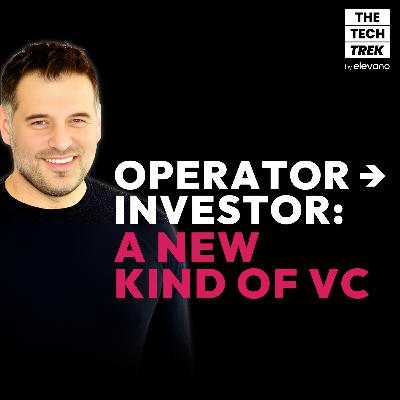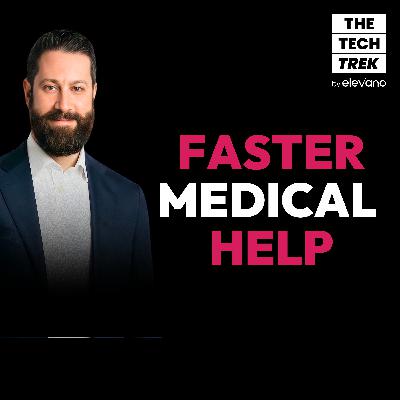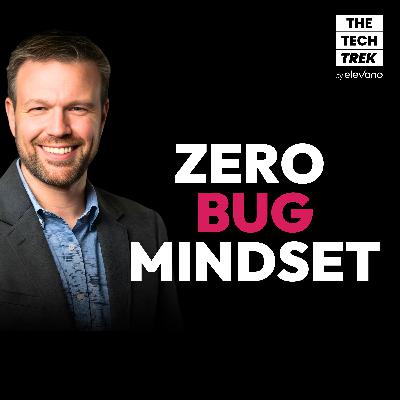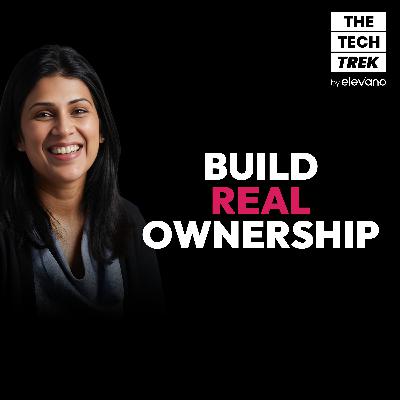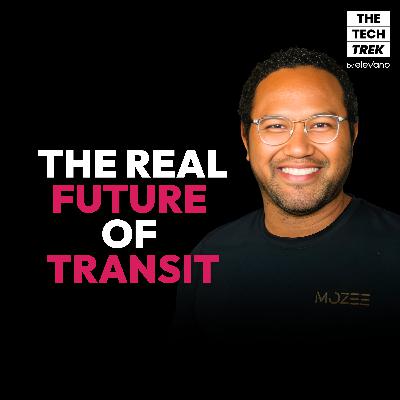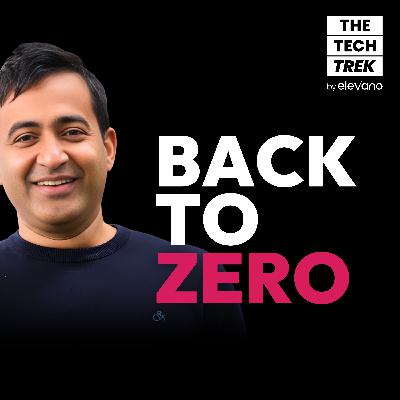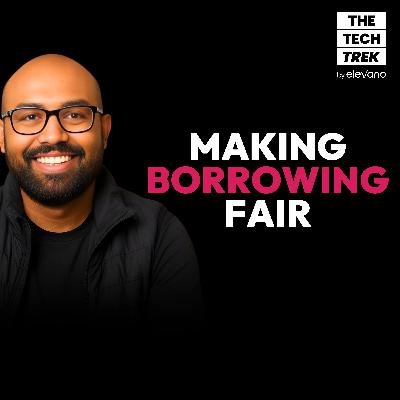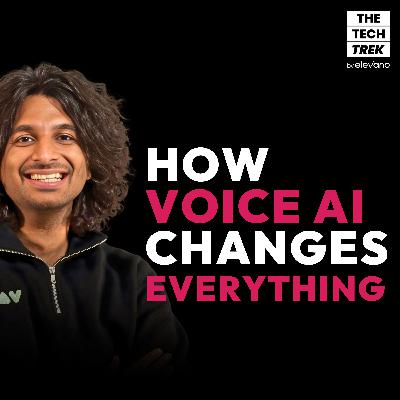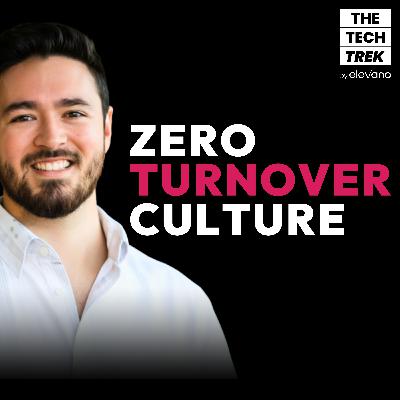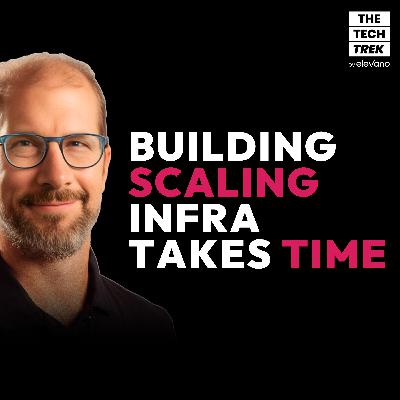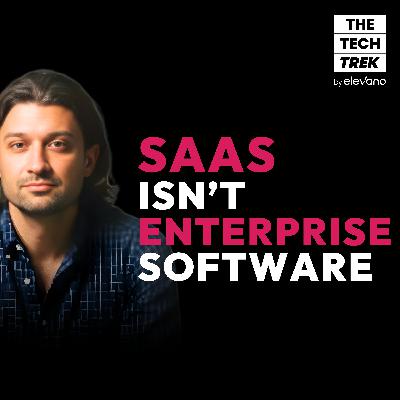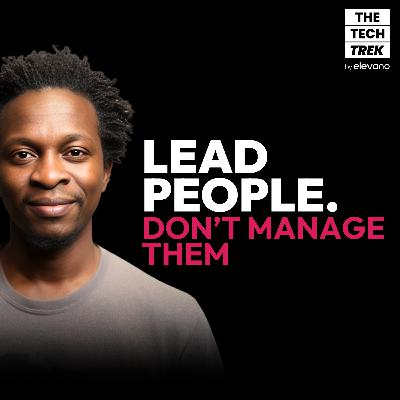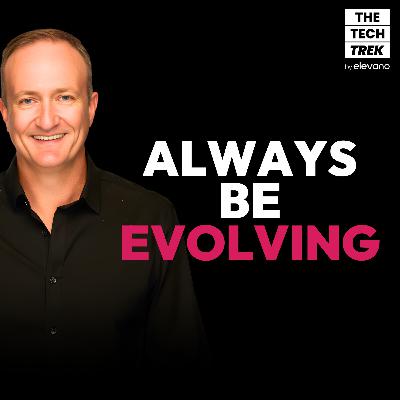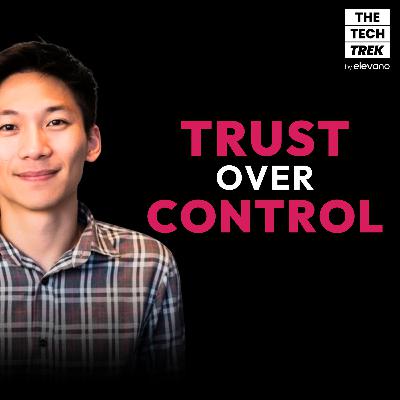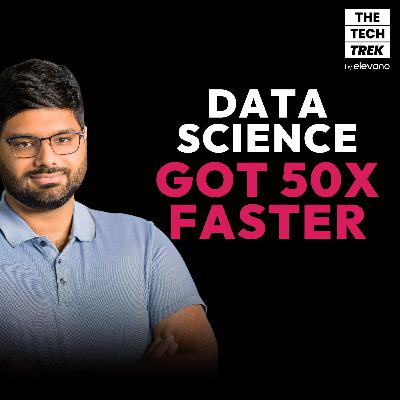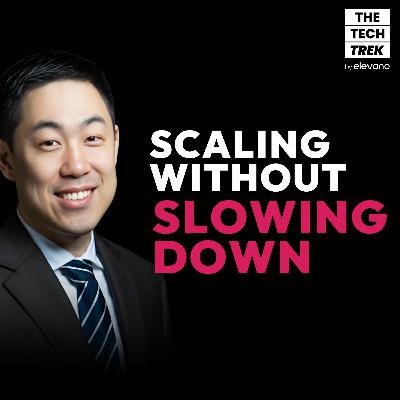How Operator VCs Change the Game for Founders
Description
Karl Alomar, Managing Partner at M13 and former COO of DigitalOcean, joins The Tech Trek to share how being an operator changes the way you invest. He explains why M13 was built to be a truly founder-first VC firm—one that acts early, helps proactively, and builds deep relationships rooted in empathy and experience. From spotting great founders to balancing instinct and data, this episode explores how venture capital can drive better outcomes when it focuses on people as much as product.
Key Takeaways
• The most effective VCs act before problems surface, shaping a founder’s path rather than reacting to it.
• Founder–market fit often comes down to whether someone is a specialist with deep expertise or an athlete who can adapt fast.
• Empathy built through years of operating experience creates trust that fuels honest conversations and better decisions.
• Great founders lead with vision—they can inspire, recruit, and align teams behind a clear story of what’s possible.
• Even the best instincts and pattern recognition can’t outplay timing, luck, and market shifts—but reflection and learning can.
Timestamped Highlights
(01:20 ) How being an operator shaped Karl’s approach to venture capital
(06:48 ) The three kinds of investors—and why empathy gives operators an edge
(09:54 ) Creating a safe space where founders can share problems without fear
(14:13 ) Identifying “athletes” and “specialists” when evaluating founders
(20:33 ) Pattern matching, instincts, and the role of luck in investing
(23:50 ) What M13 learns from postmortems on both wins and misses
A Line That Stuck
“To do it the right way, you have to be a proactive investor, not a reactive one.”
Pro Tips
Karl suggests founders build relationships with investors who understand their world and seek out those who can help them see around corners—not just react when things break.
Call to Action
If this episode resonated, follow The Tech Trek on Apple Podcasts or Spotify and connect with Amir Bormand on LinkedIn for more conversations at the intersection of people, impact, and technology.

